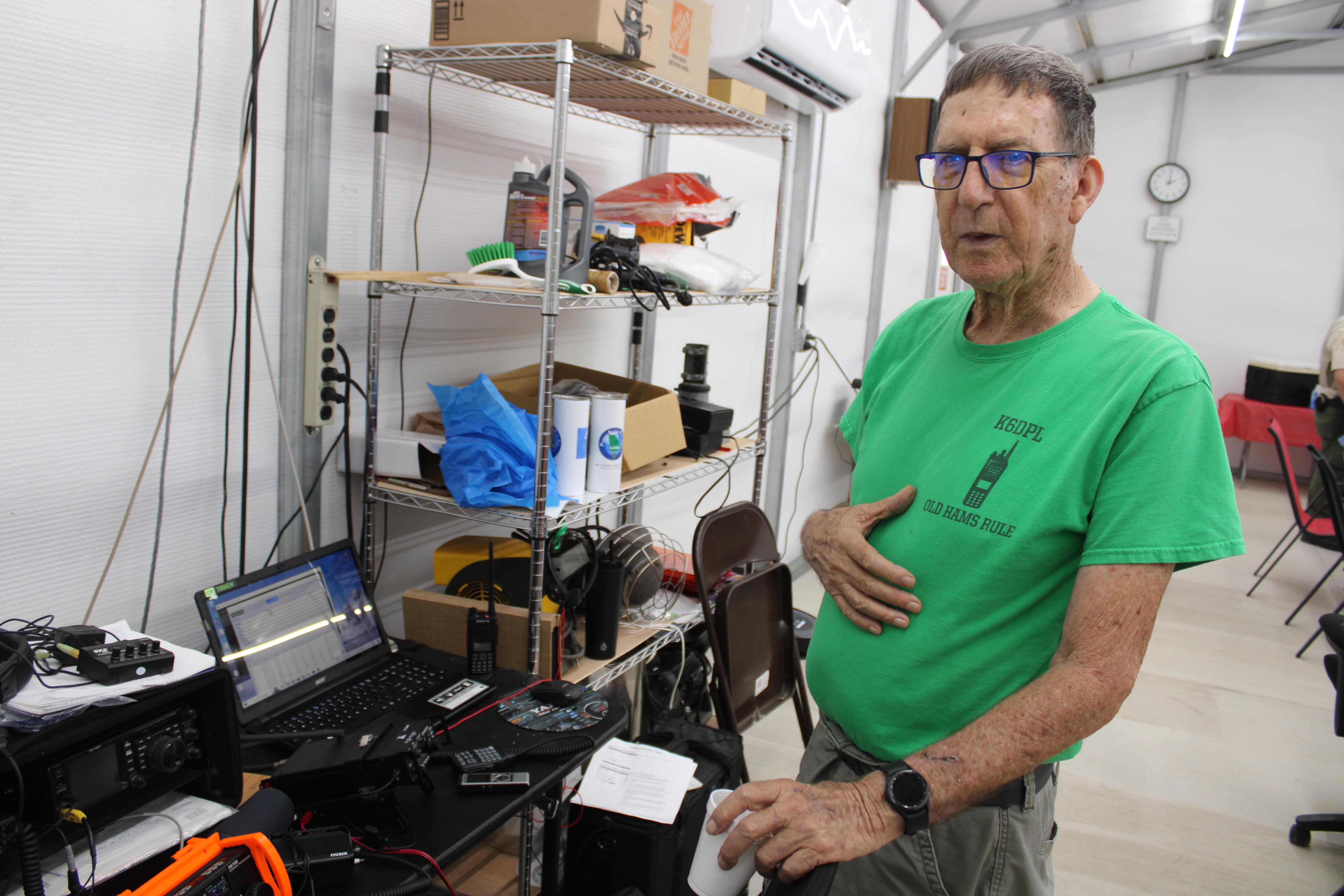RICH: The Tinker Diaries
Published 10:00 am Sunday, February 23, 2025
In my office is a beige wicker suitcase with brown leather straps. Inside are 32 handwritten diaries produced by Charlie Tinker during his years working at the White House for his cherished friend, Abraham Lincoln.
In another area, squirreled away by Tink, is a hand-duplicated set of those diaries. Charlie Tinker was serious about history and how Lincoln would be remembered.
In our safe deposit box is a handwritten note from Lincoln to Charlie who was an early learner of Morse code. This made him invaluable to Lincoln who first met Charlie when he ran the telegraph up the street from Lincoln’s Illinois law office. Whenever Lincoln had a few minutes, he spent it at the telegraph office, fascinated by the speed of Charlie Tinker’s decoding.
Trending
In that deposit box is also an authentic signature card from the 16th president as well as an old, dried-out, hand-rolled cigar with an accompanying note that declares it was discovered in the carrying case of Jefferson Davis when he was captured by the Union. The note specifies that it was one of five that was shared within the White House.
Now, remember, my people come from the Appalachians. I would say that no one could spell Abraham except for the fact that they were King James Bible readers so they had read and pondered on the “bosom of Abraham.”
Tink thinks the diaries are nothing special but I firmly disagree. “This is history,” I always say. “They are to be remembered and passed down through the generations.”
I believe I’m right because we have been contacted by several historians, since my first writing, asking for permission to read the fragile diaries for research. Just the other day, one author whom I’ve turned down two previous times, wrote again to ask to read them. This time, he provided proof of his competence with a recently won award on his latest book.
Please, understand, this is personal. This is between Charlie and me. We are sworn to protect history and all the blood that stained the battlefields from Gettysburg to Savannah. Charlie, a New England patriot, whose family traveled on the Mayflower and then helped to form this great nation, stumbled across the unlikeliest of partners: a poor girl born of the desperate Southern Appalachians. Were it not for me, who knows where Charlie would wind up?
It amazes me to read the words that Charlie wrote on the day that Milledgeville was captured or when he hand-delivered a note from General Sherman that said, “Mr. President, for Christmas, I give you the town of Savannah.”
Trending
The people of Savannah, knowing that Sherman had burned a 60-mile-wide swath from Atlanta to the coast, met the less-than-endearing Union General outside the town and surrendered. That’s Charlie’s version. My research shows that my great-great-grandfather, 16 years old, was wounded in the first minutes of the Battle of Savannah.
In between, “sommers” in the middle, is the truth. So far, I have found, otherwise, every word of Charlie’s to be historically accurate and important. On the morning, a few hours after Lincoln died of assassination, Charlie recorded precisely where it had happened, who – an actor named John Wilkes Boothe – committed the murder, and how mourning fell over the capitol. The story he wrote as the sun fell on Washington, D.C., differs none from what is officially recorded.
While Tink and I disagree dramatically on the importance of Charlie’s diaries, we both agree heartily on this: we must command ourselves to walk by the wicker suitcase and not pull out one of the diaries.
Otherwise, history will pull us back through the age and away from our work.
—Ronda Rich is the best-selling author of Sapelo Island: A Stella Bankwell Mystery. Visit www.rondarich.com to sign up for her free weekly newsletter.






